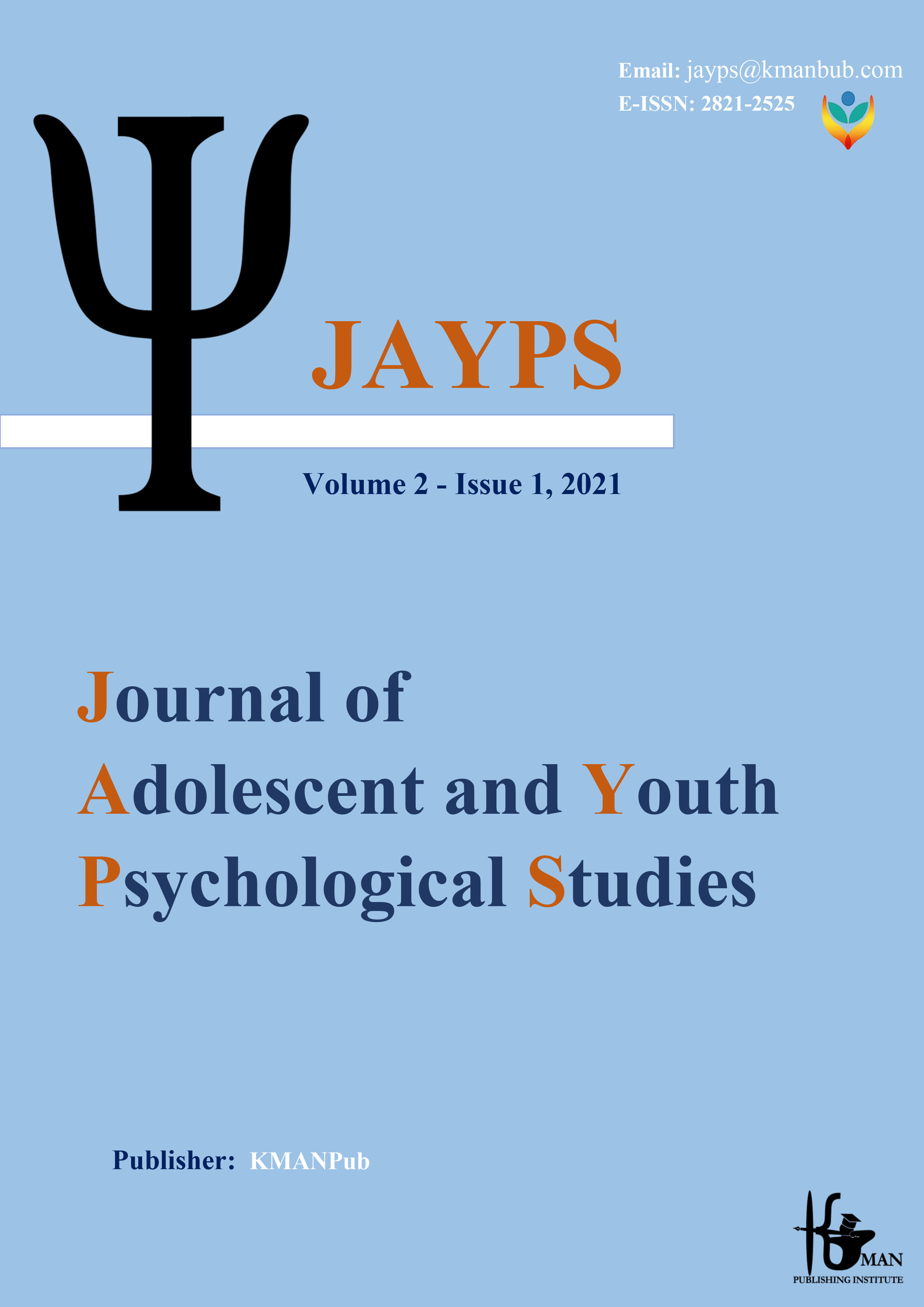Social Interest and Psychological Capital in Adolescents: the Mediating Role of Motivational Beliefs
Keywords:
social interest, psychological capital, motivational beliefsAbstract
Background and Purpose: One of the important goals and tasks of education is to create a basis for the all-round development of the individual and to educate healthy, efficient and responsible people to play a role in individual and social life; This study was conducted with the aim of social interest and psychological capital in adolescents with the mediating role of motivational beliefs. Methods: The research method is cross-sectional correlation. The statistical population of this study consisted of all high school students (boys and girls) in Tehran in the academic year 2020-2021, from which 400 people were selected by stepwise cluster sampling. In this study, the tools of social interest (Co., 2011), psychological capital (McGee, 2011), and motivational beliefs (Pintrich et al., 1991) were used, all of which had acceptable validity and reliability. SPSS-V23 and Amos-V8.8 software were used to analyze the data. Structural equation modeling was also used to answer the research hypotheses. Findings showed that the model has a good fit. Results: The results also showed that the direct effect of psychological capital on adolescents' social interest is confirmed. The direct effect of psychological capital on adolescents' motivational beliefs is confirmed. The direct effect of motivational beliefs on adolescents' social interest has been confirmed. Conclusion: The results also showed that the indirect effect of psychological capital on adolescents' social interest was confirmed by motivational beliefs. Therefore, paying attention to the mentioned variables in prevention and designing more appropriate treatments helps researchers and therapists.
Downloads
Downloads
Published
Issue
Section
License

This work is licensed under a Creative Commons Attribution-NonCommercial 4.0 International License.









